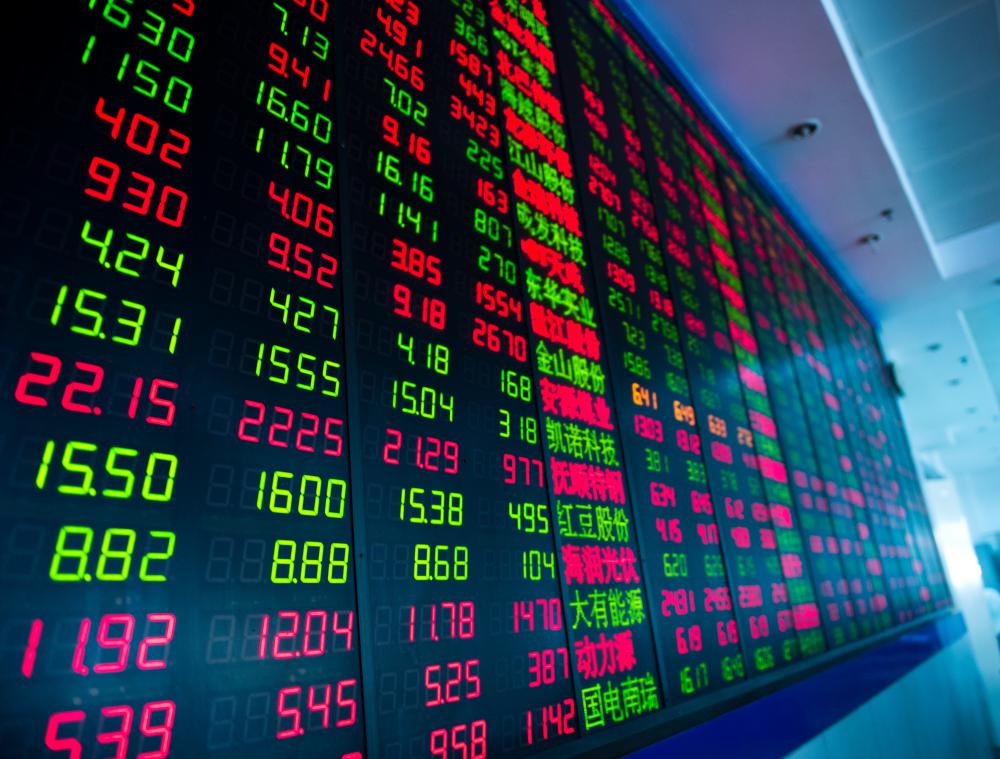At WiseGEEK, we're committed to delivering accurate, trustworthy information. Our expert-authored content is rigorously fact-checked and sourced from credible authorities. Discover how we uphold the highest standards in providing you with reliable knowledge.
What is a Diversified Equity Fund?
A diversified equity fund is a portfolio composed of different kinds of stocks. The fund is typically managed by a professional, and shares of the fund are offered for public investment. A mutual fund can be a diversified equity fund if the portfolio consists of different kinds of stocks. An exchange traded fund (ETF) comprised of a portfolio of different kinds of stocks is a diversified equity fund.
Diversification is a trading strategy devised to reduce exposure to risk. Investing in a variety of unrelated stocks reduces volatility. Unrelated stocks do not perform the same way at the same time. The net effect of this strategy is a reduction in profits and losses, resulting in more consistent performance under varied market conditions.

Equity funds are designed for specific investment objectives. Income funds own shares in dividend paying stocks, providing an income for fund investors. Growth funds own shares in companies with a high probability of future growth which results in anticipated capital gains for the fund investors.
Funds can be domestic or international. Some equity funds focus on specific industries or sectors while a diversified equity fund might invest in many different industries. In a diversified fund, the element of risk is not associated with the failure of any particular industry or type of business. The value of one industry may be declining while another is appreciating. This results in more consistent performance of the fund as a whole.

Diversified mutual funds are composed of different kinds of security investments. Stocks, bonds, and many other forms of securities can be incorporated in this type of fund. A diversified equity fund invests mainly in stocks of a diversified nature. If the stocks are handpicked by the manager, the fund is said to be actively managed. If the fund has invested in an index of stocks, it is said to be passively managed.
Exchange traded funds can also be diversified. ETFs purchase baskets of stocks just as mutual funds do, but the similarity ends there. Typical fees charged by mutual funds are not charged by all ETFs. Trading ETFs is the same as trading individual stocks, providing liquidity. Certain tax advantages can be realized through mutual funds.
A stock-based balanced fund can be considered a diversified equity fund. A fund that owns shares in growth stocks and value stocks provides income as well as the potential for capital appreciation. The stocks purchased may also be from various industries and sectors, further diversifying the fund.
Investors interested in a diversified equity fund can explore the universe of mutual funds and exchange-traded funds. An optional investment method, such as portfolio management, can also be used to create a diversified fund. The individual investor can research, analyze, select, and purchase shares in different kinds of stocks for a custom-built diversified equity fund.
AS FEATURED ON:
AS FEATURED ON:












Discuss this Article
Post your comments